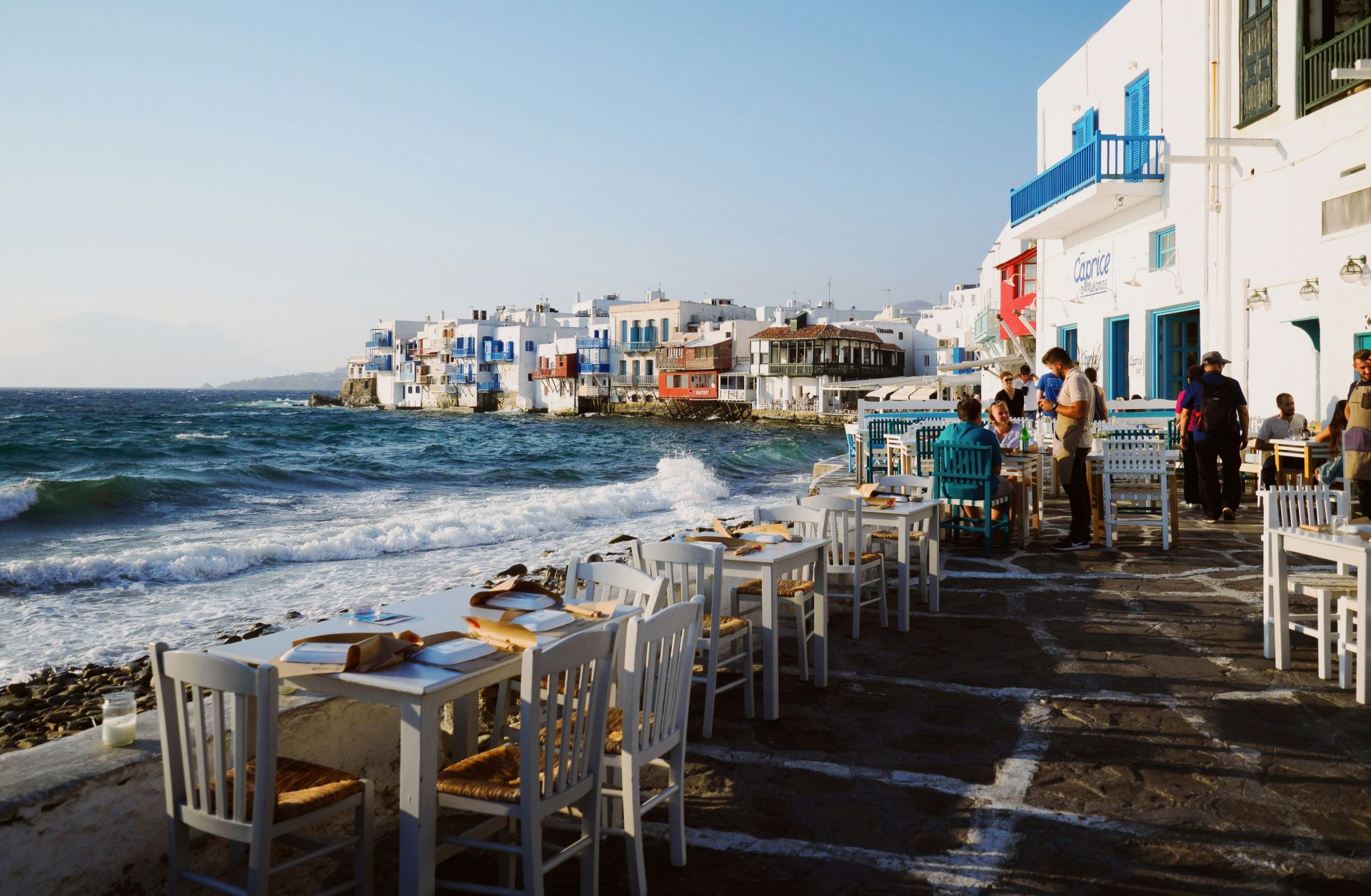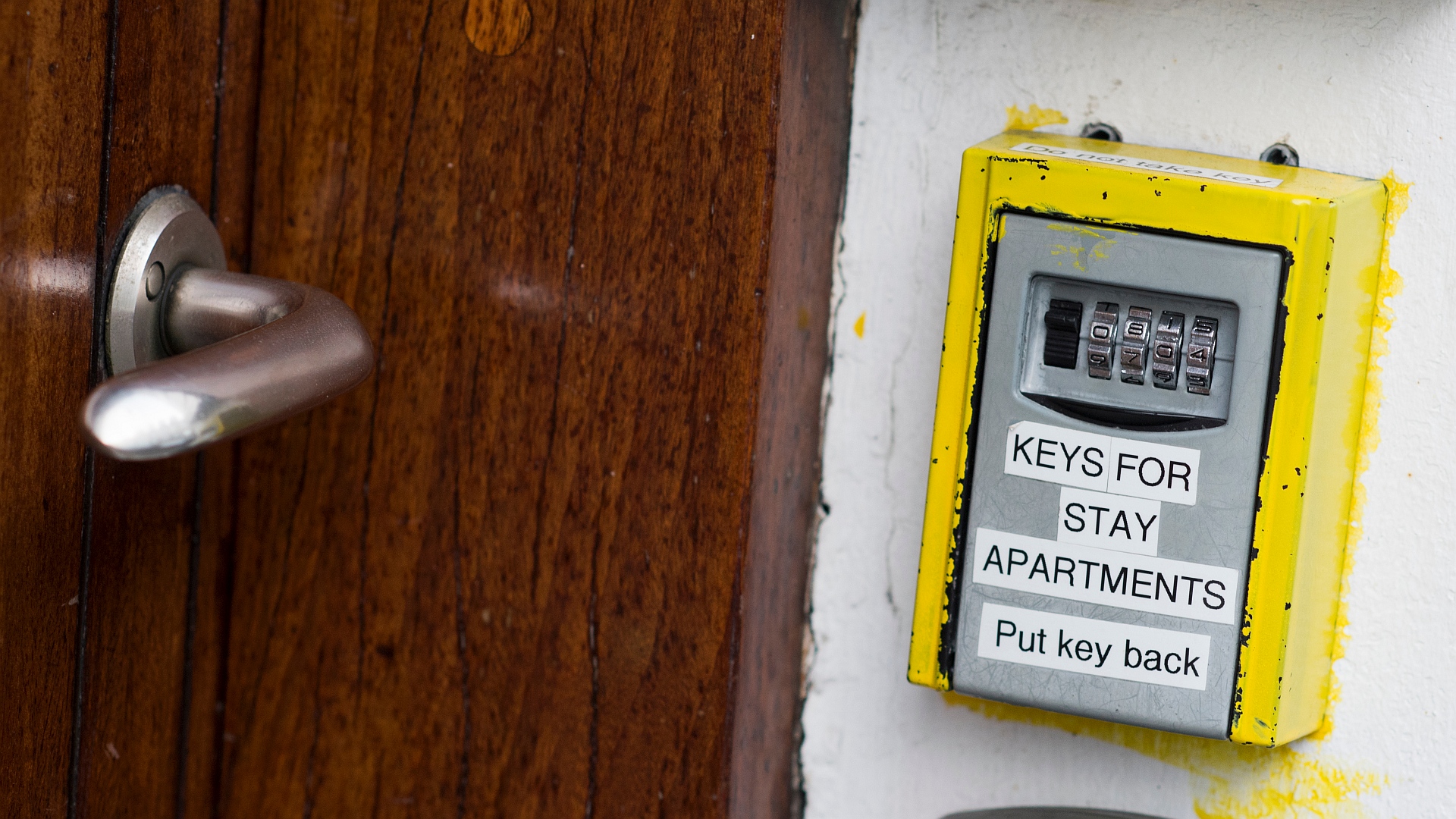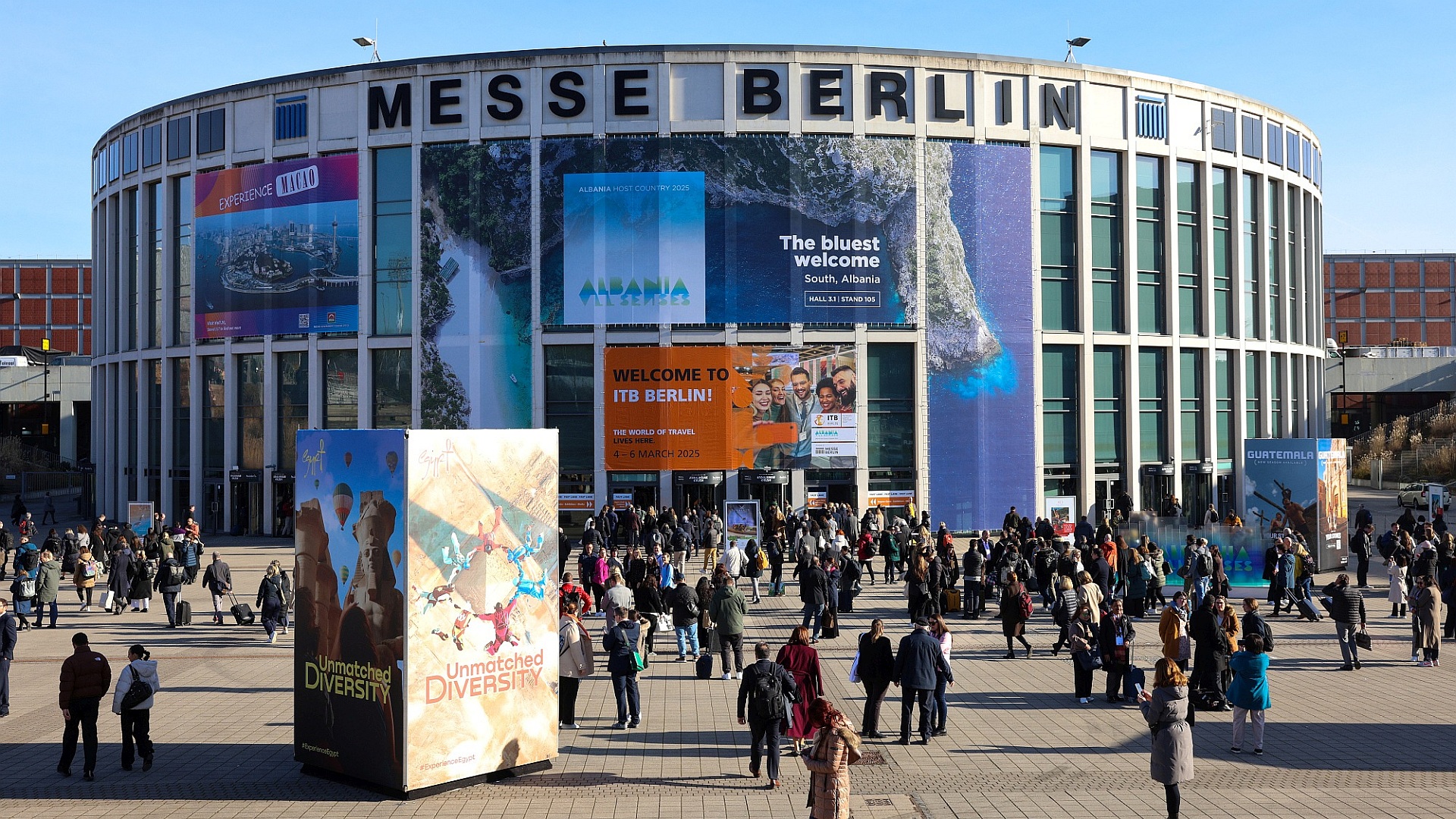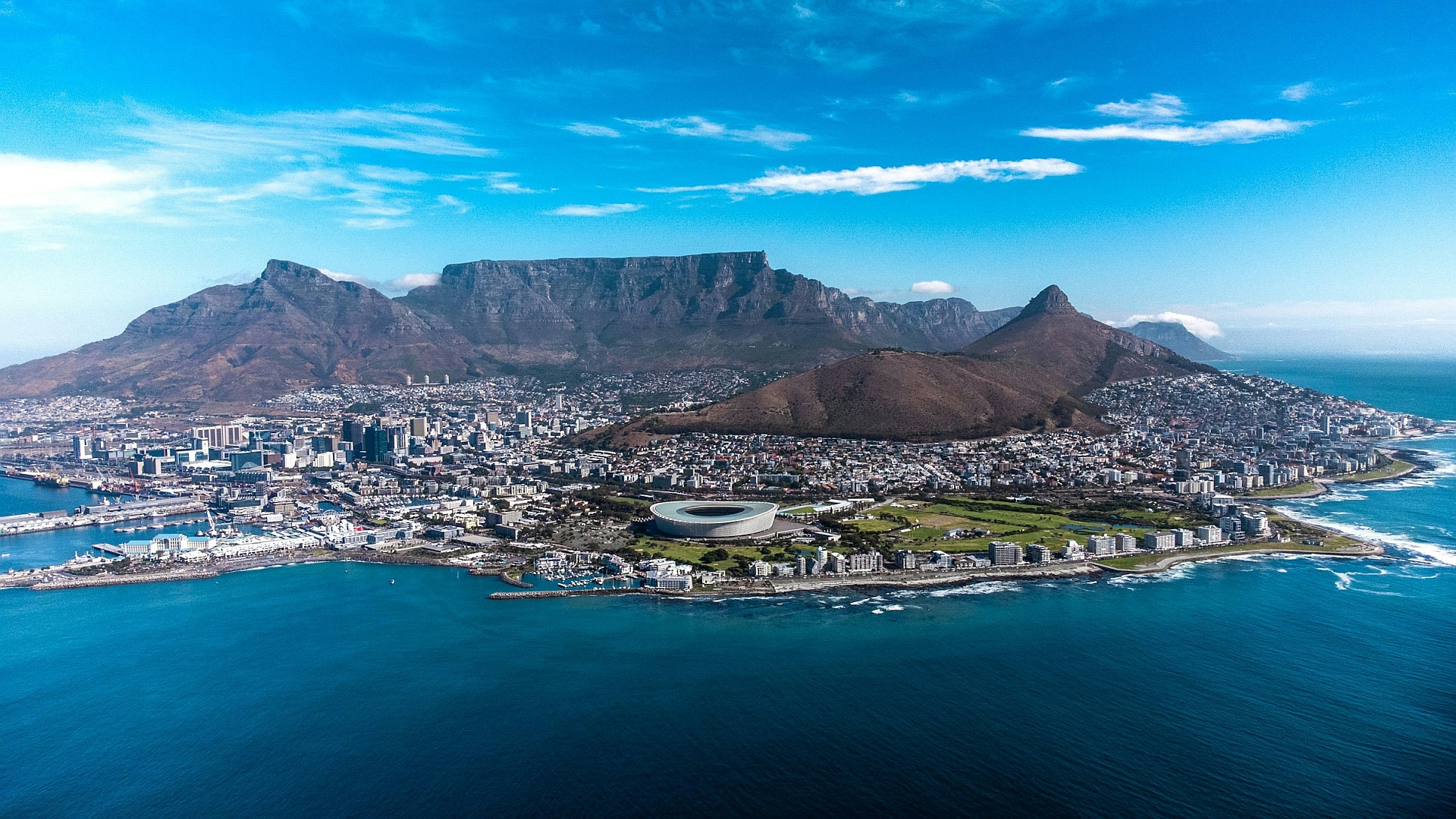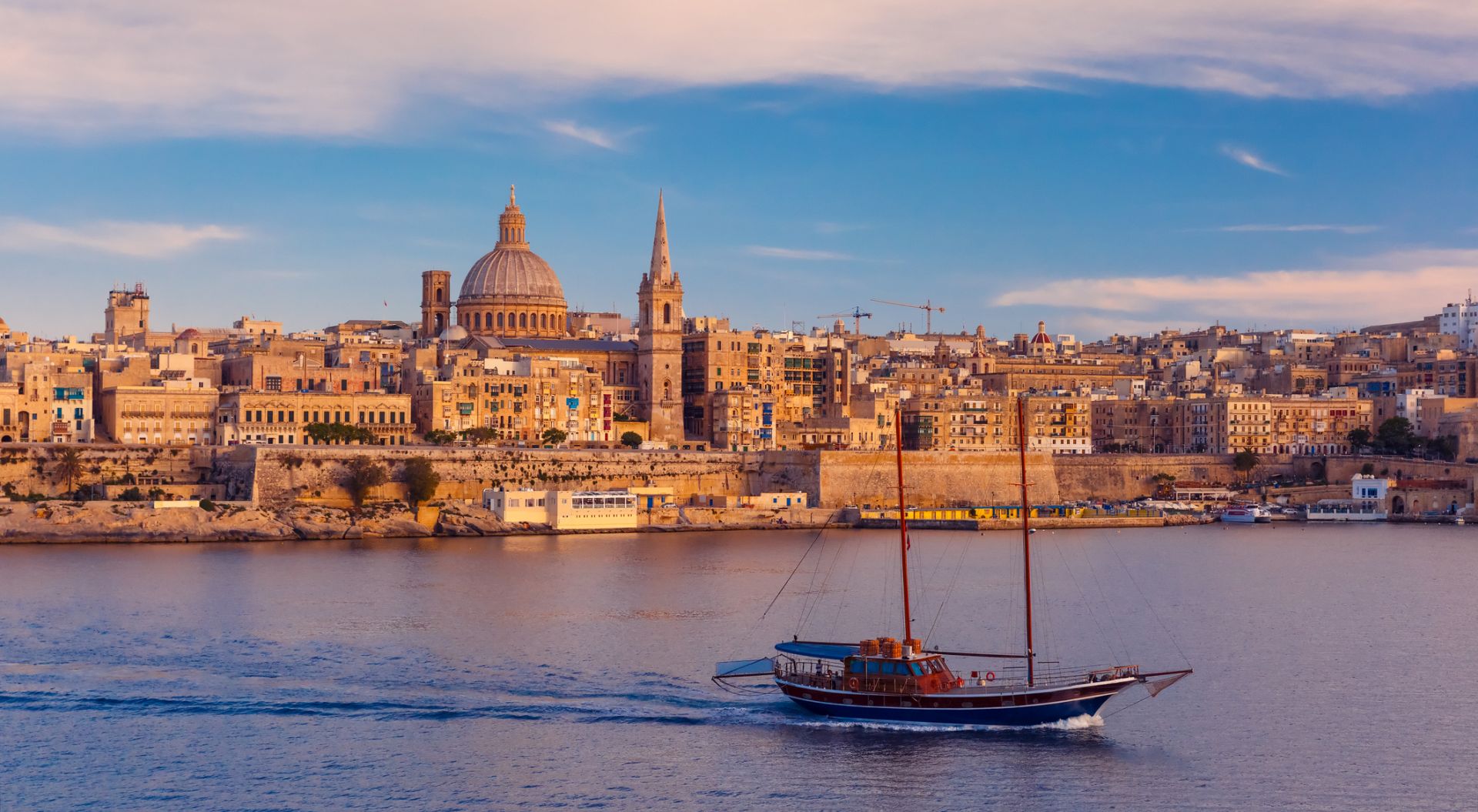
News & Stories
Boxes full of souvenirs: around 300 years ago, young English aristocrats went on the "Grand Tour". They collected souvenirs from their travels and turned them into a trend. Selfies were also popular back then – just in a different way.
US border guards want to scrutinise the social media profiles of short-term visitors, such as tourists and business travellers from Europe. What is behind this data collection?
A statistical survey of European countries reveals interesting differences. Hoteliers in southern Europe are benefiting significantly from weak supply growth. More mature markets in central Europe are fluctuating more strongly, but the Nordics are rejoicing again.
Key boxes for checking into holiday apartments will be banned in Milan in future. The municipal council has passed a regulation on this effect. The ban will come into force in January.
ITB Berlin is celebrating 60 years, and under the guiding theme "Leading Tourism into Balance", the trade fair will focus on the key questions shaping the future of global tourism. From 3 to 5 March 2026, around 400 leading international speakers will discuss how sustainable business models can function while respecting the natural environment.
New Year's Eve in Bangkok: Beer and wine are now also available in the afternoon. For the time being, this is on a trial basis. This could lead to the 1972 law being repealed and tourists being allowed to celebrate.
Africa recorded the highest increase in arrivals in international tourism: up 10 per cent! Europe followed in second place with 4 per cent. In the first nine months of this year, there was again a significant increase in the number of travellers.
Many physical, neurological or mental illnesses such as autism, anxiety disorders or heart and lung diseases are not immediately apparent. The sunflower serves as a distinguishing feature – especially in the tourism sector.
Europe's tourism shows resilience amid higher costs and shifting travel trends. Value for money remains a primary driver of travel demand in this region. And travellers are increasingly using digital tools to make smarter choices.
Lufthansa, Ryanair & Co voluntarily scrap their "green" promises. Critics say this is a kind of indulgence trade – they have won.


